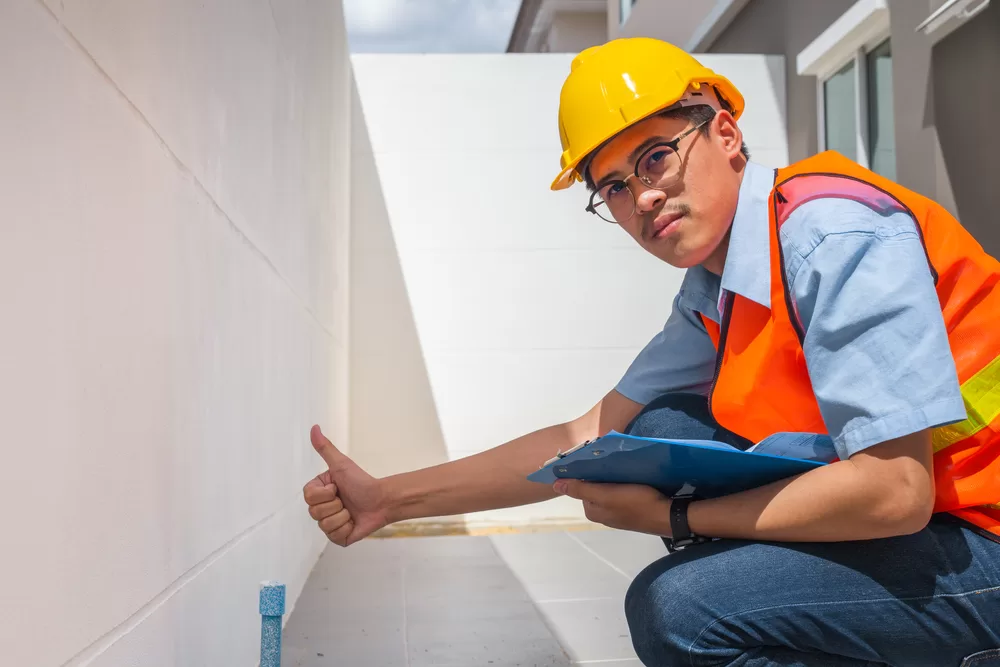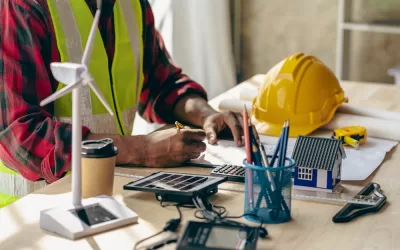Protect Your Property: Understanding Dilapidation Reports and Their Benefits
Dilapidation reports are a critical tool for protecting your property during construction or demolition projects. In this blog, we will discuss what dilapidation reports are, how they work, and their benefits.
What is a Dilapidation Report?
A dilapidation report is a document that records the condition of a property before construction or demolition work begins nearby. The report includes a detailed inspection of the property’s exterior and interior, including walls, floors, ceilings, and other structural elements. The report may also include photographs and diagrams to document the property’s condition.
How Do Dilapidation Reports Work?
Dilapidation reports are typically commissioned by the property owner or the builder of the nearby construction or demolition project. The report is prepared by a qualified building inspector who has experience in assessing the condition of properties.
Once the report is complete, it is provided to both the property owner and the builder of the nearby project. The report serves as a baseline for the property’s condition before construction or demolition work begins, providing a clear record of any pre-existing damage or defects.
What Are the Benefits of Dilapidation Reports?
Dilapidation reports provide several benefits for property owners, including:
Protecting the property: Dilapidation reports serve as a record of the property’s condition before nearby construction or demolition work begins. This record can be used to hold builders accountable for any damage that occurs during the construction process.
Avoiding disputes: Dilapidation reports can help avoid disputes between property owners and builders by providing a clear record of the property’s condition before construction or demolition work begins.
Securing insurance: Dilapidation reports may be required by insurance companies to secure coverage for any damage that occurs during the construction process. Without a dilapidation report, insurance companies may not cover damage that occurs during construction or demolition work.
When Should You Get a Dilapidation Report?
You should consider getting a dilapidation report if your property is located near a construction or demolition site. You should also get a dilapidation report if you are planning a construction or demolition project near an existing property.
Want to Know More?
Contact East Coast Building Consultants today to learn how we can help you with your next construction project. Email or call our friendly team on (02) 6680 8705 and we’ll arrange a consultation and a free quote.



